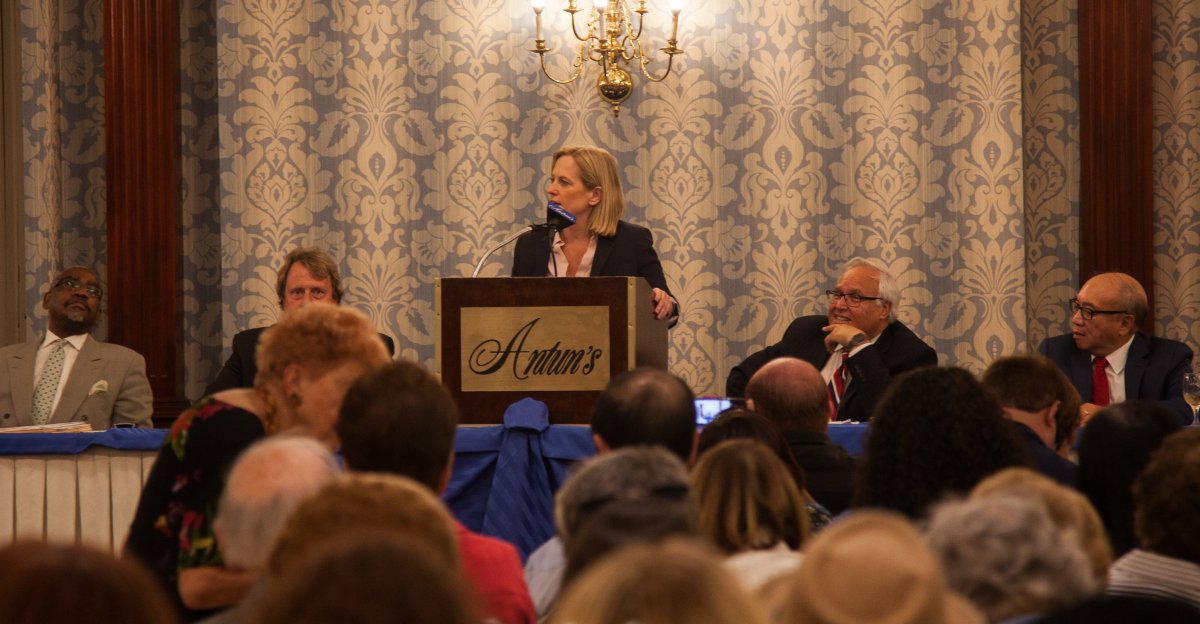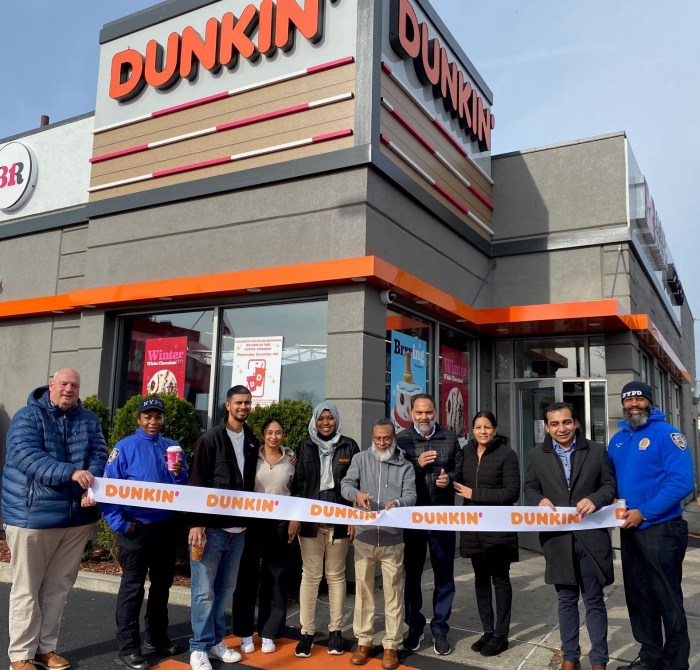In the wake of a neck-and-neck primary for Queens district attorney that pitted a newly activated voting block of young progressives against the endorsement of the County Democratic Party, both factions of Queens Democrats are in the process of figuring out their next move for 2020.
In conversations with QNS, members of two groups within the county party hierarchy — the county commissioners and political club leaders — are saying that a push for reform is imminent.
However, these two groups mentioned different ideas about reform — and its relationship to the current power structure within the party — that would lead to diverging outcomes.
The Democratic County Committee, an oft-unsung body whose members number over 2,000 and represent a geographical area of only a few blocks each, is one level of the party structure where reformers are trying to make changes.
A group consisting of about 40 members called the County Committee for All recently met with Congressman Greg Meeks to convince him to put in measures that would give them a larger role in the party’s inner workings.
The group was asked Meeks for a more rigorous judicial selection process, more frequent and regular county committee meetings, a ban on elected officials from running for district leader, a ban on county party endorsements in primary elections and increased transparency around executive committee meetings.
The QCC4All sees a problem with the way district leaders are elected in the party. They want to see structural changes that would make it easier for members without a wide network of connections within a local Democratic club or campaign cash and notoriety from holding public office to get a fair shake in a district leader election.
District leaders–two men and two women in each Assembly District–ultimately vote to elect the chair of the party, who is currently Meeks. According to Meeks, he also weighs their vote in deciding who to endorse during primary elections.
Prameet Kumar, a QCC4All member, said that he sees these district leaders as unaccountable because they often fail to communicate with their county committee members, who are left without input into the top-down decision making of the party.
“We were elected and there’s been really nothing for us to do — no involvement that the party has asked of us since then,” Kumar said.
According to Kumar’s account of the QCC4All meeting, Meeks said he believed that district should base their decision off of input from the committee members they represent. But district leaders often fail to do this, according to Kumar.
“That’s not really the way it usually happens, more than anything. Instead of listening to our opinion, we just get told that sort of outcome of what happens after the fact,” he said.
Meeks, who is currently working on a tour of all the political clubs in Queens, has suggested that he sees club participation as the principal way to enter the running for district leader. To him, party reform means bringing more new members into political clubs.
Leaders of political clubs, who often also are district leaders, have shown interest in trying to harness this new grassroots political energy and weave it into the existing power structure of the party.
Anthony Andrews, a district leader and president of the newly formed Fred Wilson Democratic Club, said that he encourages the new far-left voting block of getting involved in politics at the club level.
“Greg [Meeks] talks about this all the time, there’s room under the umbrella for everyone. Well, we’ve gotta be able to listen to what they’re saying,” Andrews told QNS.
Believing that his assembly district needed new political direction, Andrews revived the defunct Fred Wilson Political club under his leadership a year and a half ago. He’s not the only one to make this move.
Assemblyman Andrew Hevesi also held a closed-doors meeting with members of his district this week about starting a new political club in Forest Hills.
Not everyone, however, is as optimistic as Meeks and Andrews about the future of Queens political clubs.
Archie Spigner, a lionized political figure in southeastern Queens who has served as district leader for over 30 years, suggested to QNS that he didn’t think that political clubs could ever be revived to their former influence. He said that social media irreparably changed the way that people run campaigns.
“Political clubs now are not as strong as they once were because they don’t play the central role in the lives of people. There are alternatives to public service. There are better alternatives for people to gain attention and the run for public office. You could run for public office and never step foot in a Democratic club,” Spigner said.
While the future of political clubs is debatable, what is clear is that adding new members of the insurgent left would not include the structural changes advocated by the QCC4All.
While introducing more far-left leaning members to political clubs might create a more diverse political coalition, it would not change the way power is distributed power — something which Kumar said he wants to see.
“So for [Meeks], that’s just the way things are. District leaders have power, political clubs have power. That’s just how he’s been doing things — that’s how the county’s been doing things for a really long time. But our complaint is that’s not how it should be happening,” he said.




































